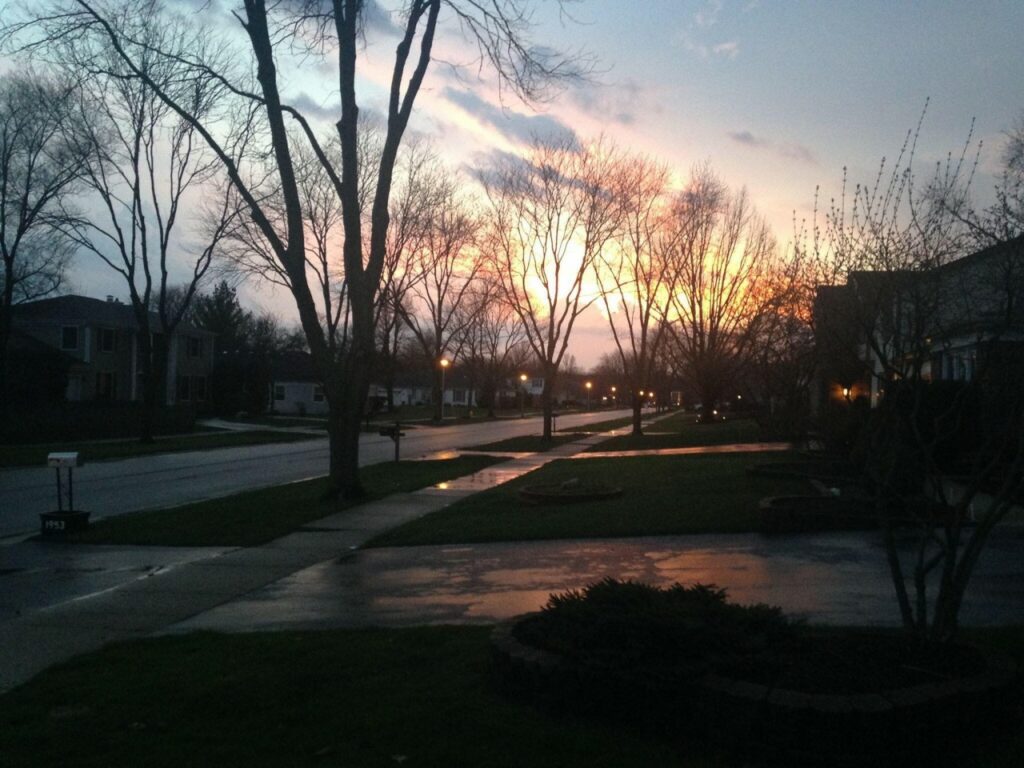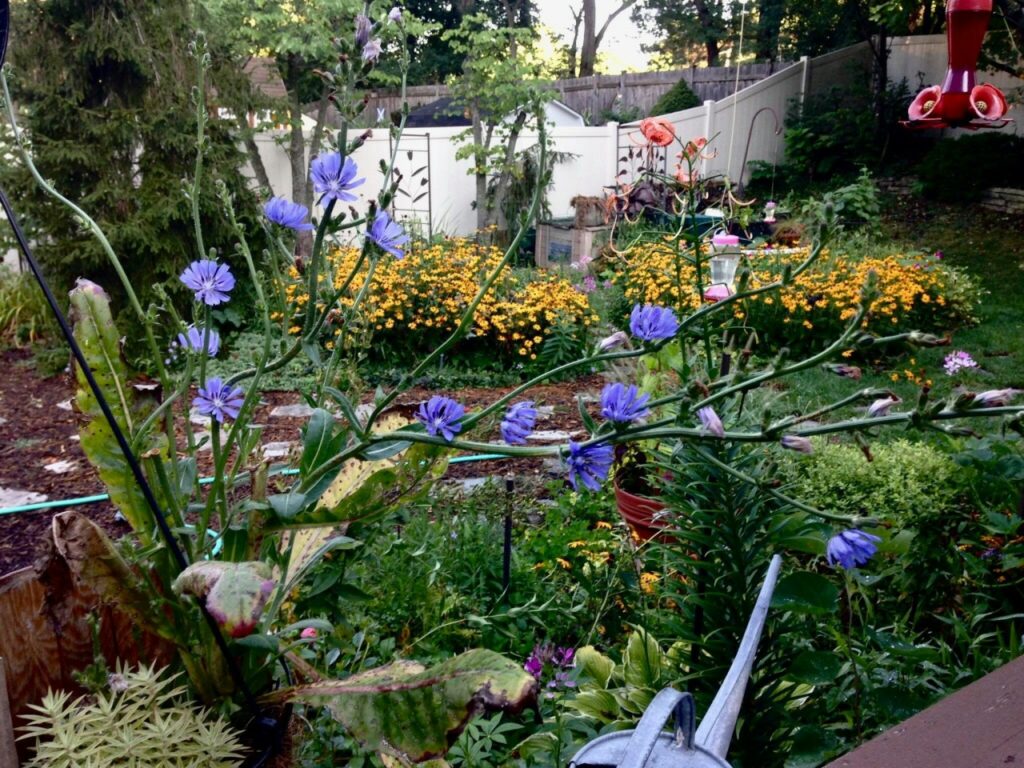Managing water on your property can be a multi headed monster, water coming from all kinds of issues. Another irritating fact that makes this battle so hard, is you fix one issue, then another pops up, because water will always find a path of least resistance. Most waterproofing companies will recommend a complete solution, and yes it can be very expensive. So you spend $10,000- $30,000 to waterproof your basement, another $5,000- $10,000 on landscaping/drainage and if your sump pump fails, you still flood!
If you’re like me, living in the lowest spot of houses surrounding my property, my sump pump runs for days after a large storm –
What I am doing is pumping all the water from my neighbor’s yards!
It’s all one large underground water table.
Under most homes there is a water table. During and after a major rain event the water table in the ground can rise, causing your basement to flood. No matter what you do to the ground above: sloped grading, swales, extended downspouts, you can’t really change the water table in your area. It encompasses all the yards around you.

When your foundation is dug, they dig a large clay bowl. They need space around the exterior walls for the form they pour concrete in. Once dry, they pull the forms and backfill the area with loose dirt.
My house is at the bottom of a hill, and behind me, newer houses are on the top of the hill (with yards graded perfectly for runoff into our backyard. They even have a retention area for water. The surprising thing I learned is the house at the top of the hill has worse flooding/ water issues than I do.
Why would they be more prone to flooding than me?
Newer homes are MORE prone to flooding because the backfill around the house is not compacted yet, as it is with older homes. Water naturally will find the point of least resistance to collect which is in the backfill surrounding your basement. A lot of people are shocked to find that the beautiful home they built on the top of a hill, finding their basement flooded after a sump pump died.
Standing water in your yard is unpleasant. I had a spot that when we had heavy rain, the water was not draining and started turning septic- rotting the grass, it smelled horrible.
You can fight nature or you can take advantage of it by using rain gardens in low spots, or what I did, I planted a Bald Cypress tree in my backyard away from the swale in the wet area. The heavy rain water now goes around the tree to run off in the front yard.
“A mature bald cypress can absorb 880 gallons per day, depending on the soil type and saturation”
You can also plant a garden around where the sump pump discharges to help soak up the water, keep it away from the sidewalk and from becoming a mud hole.

The above is a great way to get rid of standing ground water, however it does not help for basement flooding, due to your water table, and backfill, which you don’t have a lot of control over. If your sump pump dies- you will flood!
Sump failure is the number one cause of basement flooding.
Getting your sump system tested daily is important not only to ensure your system is working BEFORE a major flood event, but also exercises your system to keep everything in good order. You really do not have a complete system without a sump pump monitoring system; your first line of defense that proactively prevents basement flooding.
Basement DefenderTM does just that, it tests your system every day and will send you an alert if a problem is found, giving you peace of mind when you are working, sleeping or on a trip. The Basement DefenderTM is the final piece to your home’s waterproofing system.
https://www.gardensalive.com/product/can-plants-drain-a-wet-spot
https://www.bobvila.com/slideshow/6-smart-ways-to-prevent-a-soggy-yard-with-every-rain-shower-52840
https://www.familyhandyman.com/project/how-to-build-a-rain-garden-in-your-yard/

Roy is a respected authority in the waterproofing industry, with over 40 years of experience under his belt. His company, Perma-Seal, has earned a reputation as Chicagoland’s premier waterproofing contractor, thanks to Roy’s unwavering commitment to quality, integrity, and customer satisfaction.
His latest innovation, the Basement Defender, is a testament to his dedication to providing homeowners with the best possible protection against basement flooding, representing a major leap forward in the industry’s efforts to prevent water damage and save homeowners from costly repairs.

Use code BDFREESHIP26 at checkout to get FREE shipping